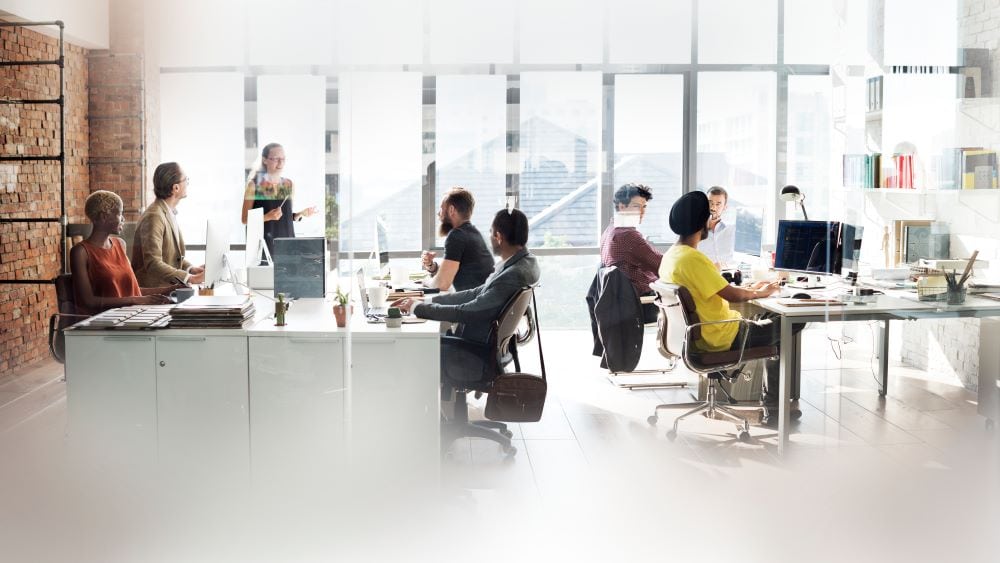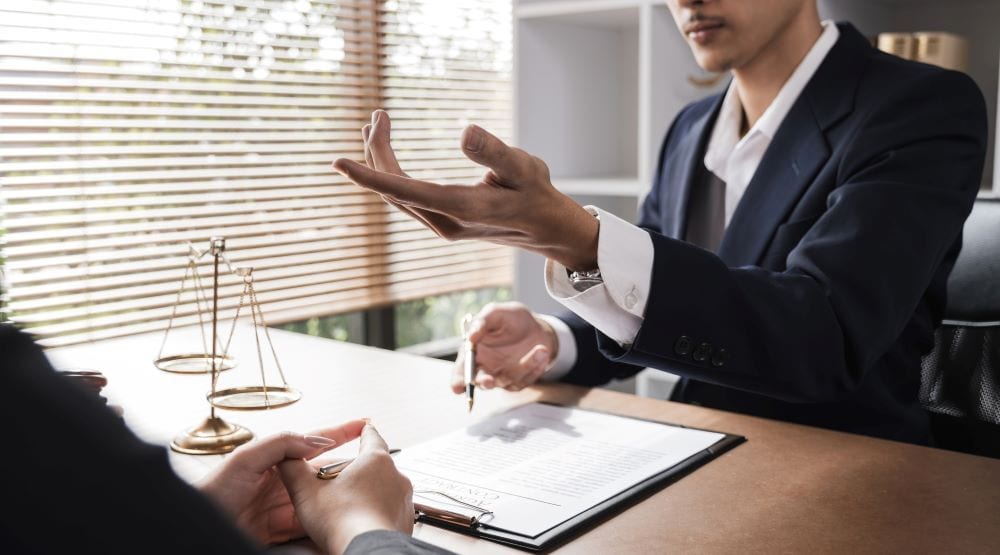
Slip and fall accidents happen when you least expect them. One minute you’re walking through a store or business property, minding your own business, and the next, you’re on the ground, possibly injured. It’s a scenario that can happen to anyone, anywhere, and often leaves individuals wondering about their rights and legal options. Can you sue a company if you fall on their property? What steps should you take if you find yourself in such a situation? This comprehensive guide aims to answer these questions and provide you with the necessary information to navigate through the complexities of slip and fall cases.
Understanding Slip and Fall Accidents
A slip and fall accident occurs when an individual slips or trips and is injured while on someone else’s property. These incidents can happen anywhere, from retail stores and restaurants to office buildings and private residences. Common causes of slip and fall accidents include wet or slippery floors, uneven surfaces, inadequate lighting, and obstacles in walkways.
Can You Sue a Company If You Fall on Their Property?
Yes, you can sue a company if you fall on their property under certain circumstances. When pursuing legal action against a company for a slip and fall accident, it’s essential to establish negligence on the part of the property owner or manager.
Understanding Premises Liability
When you enter someone else’s property, whether it’s a store, restaurant, or private residence, the property owner has a legal obligation to ensure that the premises are reasonably safe. This concept is known as premises liability. In other words, property owners have a duty to maintain their property in a way that minimizes the risk of accidents and injuries to visitors.
Classifying Negligence in a Slip and Fall Case
If you slip and fall on someone else’s property due to a hazardous condition, such as a wet floor or uneven surface, the property owner may be held liable for your fall injuries. However, not every accident automatically results in liability. Negligence in a slip and fall case can take various forms, including:
Failure to Warn: The property owner failed to provide adequate warning of a known hazardous condition, such as posting signs or barricading the area.
Failure to Maintain: The property owner neglected to maintain the premises in a safe condition, such as failing to repair uneven flooring or loose handrails.
Creation of Hazard: The property owner or their employees directly caused the hazardous condition through actions such as spills or debris left in walkways.
Common Causes of Slip and Fall Accidents
Slip and fall accidents can happen for various reasons, but some common causes include:
Wet or slippery floors
Uneven or cracked sidewalks
Loose or torn carpeting
Inadequate lighting
Obstructed walkways
Failure to remove snow or ice
Spilled liquids or food items
Requirements to Bring a Claim
Before filing a lawsuit against a company for a slip and fall accident, several requirements must be met. These typically include:
Proof of Injury: You must have suffered injuries as a result of the fall. This may include physical injuries such as broken bones, sprains, or bruises, as well as emotional trauma.
Negligence: You must be able to demonstrate that the property owner or manager was negligent in maintaining the premises. This could involve showing that they knew about the hazardous condition or should have known about it through reasonable inspection and failed to take action to remedy it.
Causation: You must establish a direct link between the hazardous condition and your injuries. In other words, you must prove that the dangerous condition was the proximate cause of your fall and subsequent injuries.
Timeliness: It’s essential to file your premises liability claim within the statute of limitations, which varies from state to state. In Nevada, for example, the statute of limitations for personal injury claims, including slip and fall accidents, is generally two years from the date of the injury.
How Can You Sue a Company If You Fall on Their Property?
If you’ve experienced a slip and fall accident on a company’s property, you may wonder about the process of suing them. Let’s break down how you can sue a company if you fall on their property.
Report the Incident: Notify the property owner or manager about the accident as soon as possible and obtain a copy of any accident reports.
Gather Evidence: Take photographs or videos of the accident scene, collect witness contact information, and keep records of all related expenses.
Consult with an Attorney: Consider seeking advice from a personal injury attorney experienced in premises liability cases to understand your legal options.
Determine Liability: Establish that the property owner was negligent in maintaining a safe environment, which caused your injuries.
File a Lawsuit: If negotiations fail, your attorney may recommend filing a personal injury lawsuit against the business owner to seek compensation.
Navigate the Legal Process: Your attorney will guide you through legal proceedings, including discovery, depositions, and potentially a trial.
Reach a Settlement or Trial: Aim to settle the case with the property owner’s insurance company, but be prepared for trial if a fair settlement cannot be reached.
Receive Compensation: If successful, you may receive compensation for medical expenses, lost wages, pain and suffering, and other damages.
Nevada’s Slip and Fall Statute of Limitations
In Nevada, the statute of limitations for slip and fall accidents is two years from the date of the injury. This means that you have two years from the date of the accident to file a slip and fall lawsuit against the responsible party. It’s crucial to be aware of this time limit and take prompt action to protect your legal rights.
Awards You Can Sue For in a Slip and Fall Case
If you successfully prove your slip and fall case, you may be entitled to various types of compensation, including:
Medical Expenses: Reimbursement for past and future medical bills related to your injuries, including hospital stays, surgeries, medication, and rehabilitation.
Lost Wages: Compensation for any income you lost due to being unable to work as a result of your injuries, including wages, salary, and benefits.
Pain and Suffering: Damages for the physical pain and emotional distress caused by the accident and your resulting injuries.
Disability or Disfigurement: Additional compensation for any permanent disability or disfigurement resulting from the slip and fall accident.
How Can an Attorney Help You in a Slip and Fall Case?
Dealing with the legal complexities of a slip and fall case can be overwhelming, especially when you’re dealing with the physical and emotional aftermath of an accident. That’s where a skilled attorney comes in. Here are some ways an attorney can help you:
Understanding Your Rights: A slip and fall attorney clarifies your legal rights and premises liability or personal injury laws, empowering you to make informed decisions.
Personalized Advice: Your attorney provides tailored advice specific to your premises liability case, ensuring the most effective legal strategy.
Fighting for Your Rights: Your attorney serves as a fierce advocate, standing up to insurance companies and opposing parties.
Effective Negotiation: They negotiate skillfully, leveraging their legal knowledge to pursue fair settlements.
Litigation Experience: With courtroom expertise, they present your case persuasively before judges and juries.
Assessing Damages: Your attorney evaluates your losses, including medical expenses and pain and suffering, to seek appropriate compensation.
Negotiating Fair Compensation: They push back against lowball offers, ensuring you receive fair compensation.
Aggressive Pursuit of Justice: If needed, your attorney vigorously pursues maximum compensation through litigation.

Consult a Proficient Slip and Fall Attorney at BLG
Slip and fall accidents can result in serious injuries and financial hardships for victims. If you’ve been injured in a slip and fall accident on someone else’s property, you may be entitled to compensation for your damages. By understanding your rights and legal options, gathering evidence to support your slip and fall claim, and seeking the assistance of an experienced personal injury lawyer, you can pursue the compensation you deserve and hold negligent property owners accountable for their actions.
If you’ve been injured in a slip and fall accident and are wondering about your legal options, don’t hesitate to reach out to BLG. Our experienced attorneys specialize in premises liability cases and are here to help you navigate the complexities of the legal system.
Contact us today for a free consultation.




